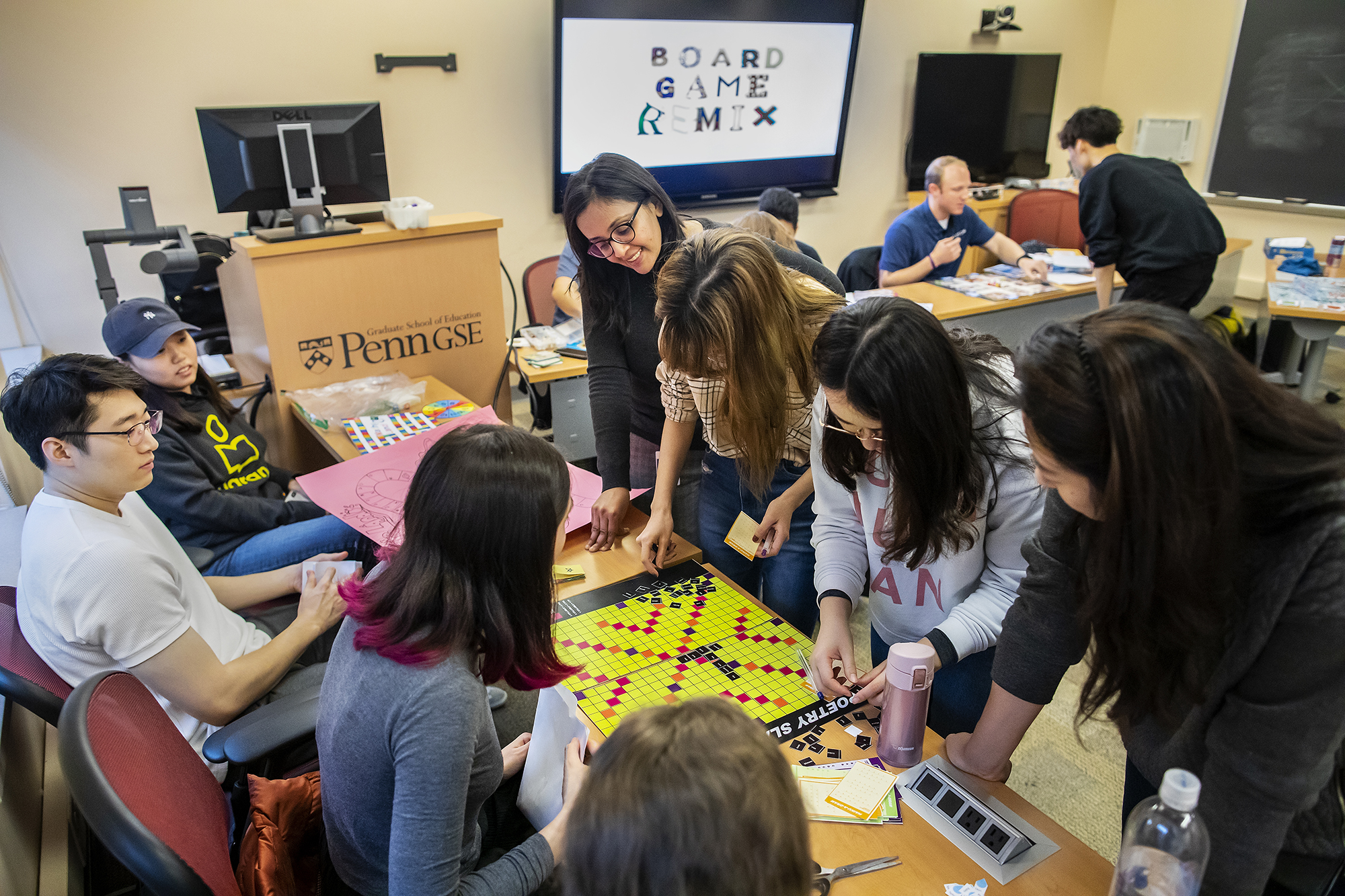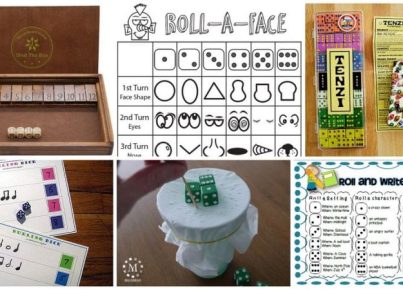Teachers are always on the lookout for innovative ways to engage their students and enhance the educational experience within the classroom. Games have emerged as an effective tool for capturing students’ interest and making learning fun. Incorporating games into lesson plans can help students grasp complex concepts, encourage teamwork, and improve motivation.
Educational games can range from simple paper-and-pencil games to sophisticated digital platforms that provide interactive learning experiences. For instance, math teachers might use games to teach arithmetic operations, geometry, or algebraic thinking by challenging students to solve puzzles or compete in math races. Language arts teachers may use word games or storytelling activities that encourage creative thinking and improve vocabulary.
Technology has expanded the opportunities for game-based learning with educational software, apps, and online resources that are designed to align with curricular goals and standards. Platforms like Kahoot! and Quizizz have gained popularity for their user-friendly interface and ability to create custom quizzes that make assessment engaging. Furthermore, simulation games can transport students to different historical periods or scientific environments, allowing them to experience scenarios firsthand.
While digital games provide various benefits, traditional non-digital games shouldn’t be disregarded. Simple board games can teach strategic thinking and collaboration; role-playing can help in understanding historical events or literary characters; and even physical games in PE lessons promote teamwork and fair play.
However, the effectiveness of games in education largely depends on their proper integration into the curriculum. Teachers must ensure that these interactive activities serve as complements to traditional teaching methods rather than replacements. Careful selection of games that align with educational outcomes is crucial.
Moreover, it’s essential for teachers to facilitate these gaming experiences effectively by setting clear objectives, explaining rules thoroughly, and debriefing with students post-gameplay to reinforce learning points.
In conclusion, when integrated thoughtfully into lesson planning, games for teachers offer a dynamic way to enrich classroom instruction and student engagement. The key lies in selecting the right game for the educational goal at hand and ensuring it enhances rather than distracts from the learning process.





